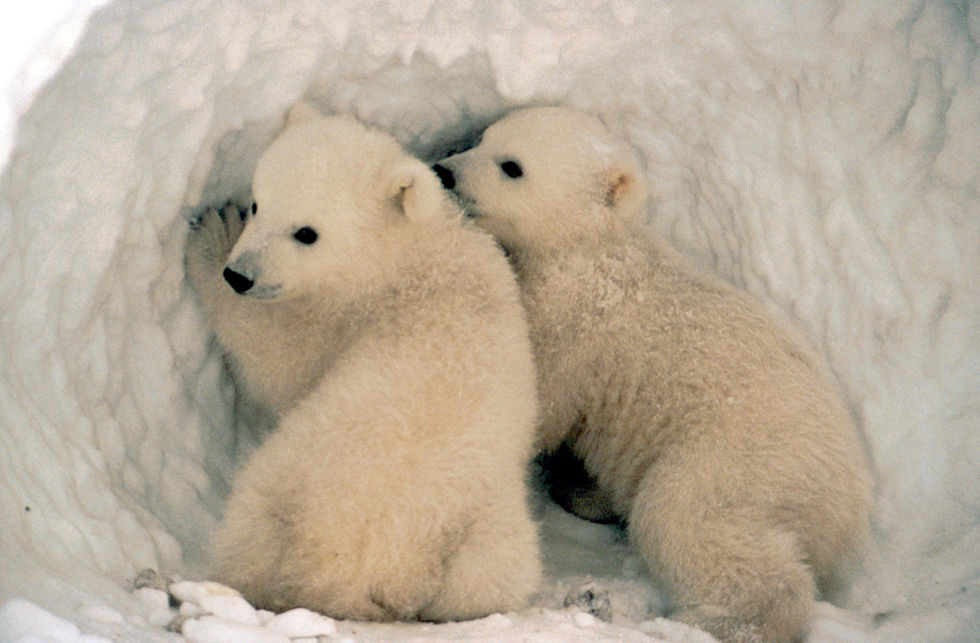
There is an overwhelming amount of news coverage related to the state of the economy, international politics, and various domestic programs. The environment and environmental policy on the other hand, are being ignored. When environmental policy is discussed many citizens and representatives champion the need for substantial policy reform. However, when actual policies are introduced, they are typically ignored or delayed. Due to the current state of the environment, politicians need to place a higher priority on environmental policy.
First, the public needs to understand exactly what environmental policy is and how it affects them. Environmental policy is defined as “any action deliberately taken to manage human activities with a view to prevent, reduce, or mitigate harmful effects on nature and natural resources, and ensuring that man-made changes to the environment do not have harmful effects on humans or the environment,” (McCormick 2001). It generally covers air and water pollution, waste management, ecosystem management, biodiversity protection, and the protection of natural resources, wildlife, and endangered species. Issues like these, affect everyone across the globe and cannot be ignored.
Environmental policy became a national issue under Theodore Roosevelt, when National Parks were established in hopes of preserving wildlife for future generations. The modern environmental movement began in the 1970s during the Nixon administration, when a large amount of environmental legislation started rolling out. Nixon signed the National Environmental Policy Act (NEPA) which established a national policy promoting the enhancement of the environment and set requirements for all government agencies to prepare Environmental Assessments and Environmental Impact Statements. Nixon also established the President’s Council on Environmental Quality. Legislation of the time established the Environmental Protection Agency (EPA), The Clean Air Act, and the Federal Water Pollution Control Act. The EPA has received a lot of notoriety recently, mostly for republican’s desire to get rid of it, though it is still a source vital to protecting the environmental.
Rising gas prices in the 1970s inspired a wave of greener vehicles, a phenomenon witnessed again in 2008. High energy costs motivated Jimmy Carter to install solar panels on the white house roof, a clear message that helping the environment was everyone’s responsibility.
Focus on environmental policy began dwindling in the 1980s though, under the Regan administration. As the Soviet Union began to weaken and fall, the restructuring of Europe became a priority and the environment quickly slipped to the backburner.
Many of the environmental issues that the public faced in the late twentieth century are still issues today, including: climate change, lack of fossil fuels, sustainable energy solutions, ozone depletion, and resource depletion. Today, with the plethora of issues currently affecting the environment, it needs to become a priority again.
As gas prices reached record highs in 2007 and 2008, there was a surge in Green Startups to help companies struggling with high fuel costs. As fuel costs decreased, the focus on these Green Startups decreased as well. However, now that gas prices are again on the rise, there will likely be a green resurgence in the market.
These green initiatives should not rise and fall with the cost of gas. Environmental issues have impacts and implications far greater than the bottom dollar.
Rising sea levels, droughts, and other extreme weather events have enormous human impacts, killing or displacing scores of people each year. In an Oxfam International study at the University of Belgium, the earth is currently experiencing approximately 500 natural disasters a year, affecting over 250 million people (Guitierrez 2008).
It is paramount that our government focus significant attention and funding on environmental policy. If we continue to disregard the environment, the planet might be degraded to the point where it is no longer habitable. We only have one Earth; we need to do our best to preserve it.
______________
Gutierrez, David. “Natural Disasters Up More Than 400 Percent in Two Decades.”
NaturalNews.com, June 5, 2008. Accessed March 10, 2012. http://www.naturalnews.com/023362.html
McCormick, John. “Environmental Policy in the European Union.” The European Series, 2001: 21.



